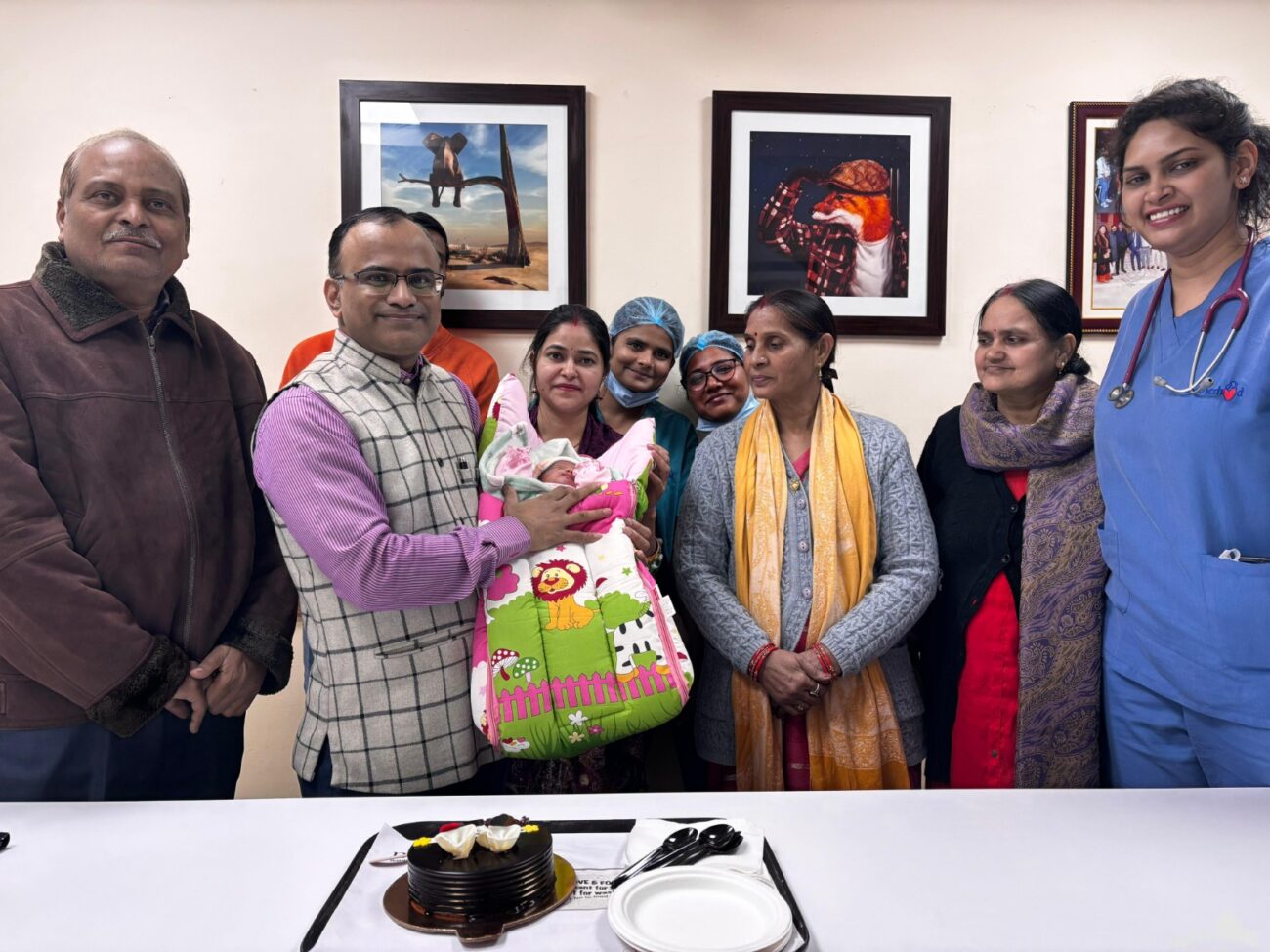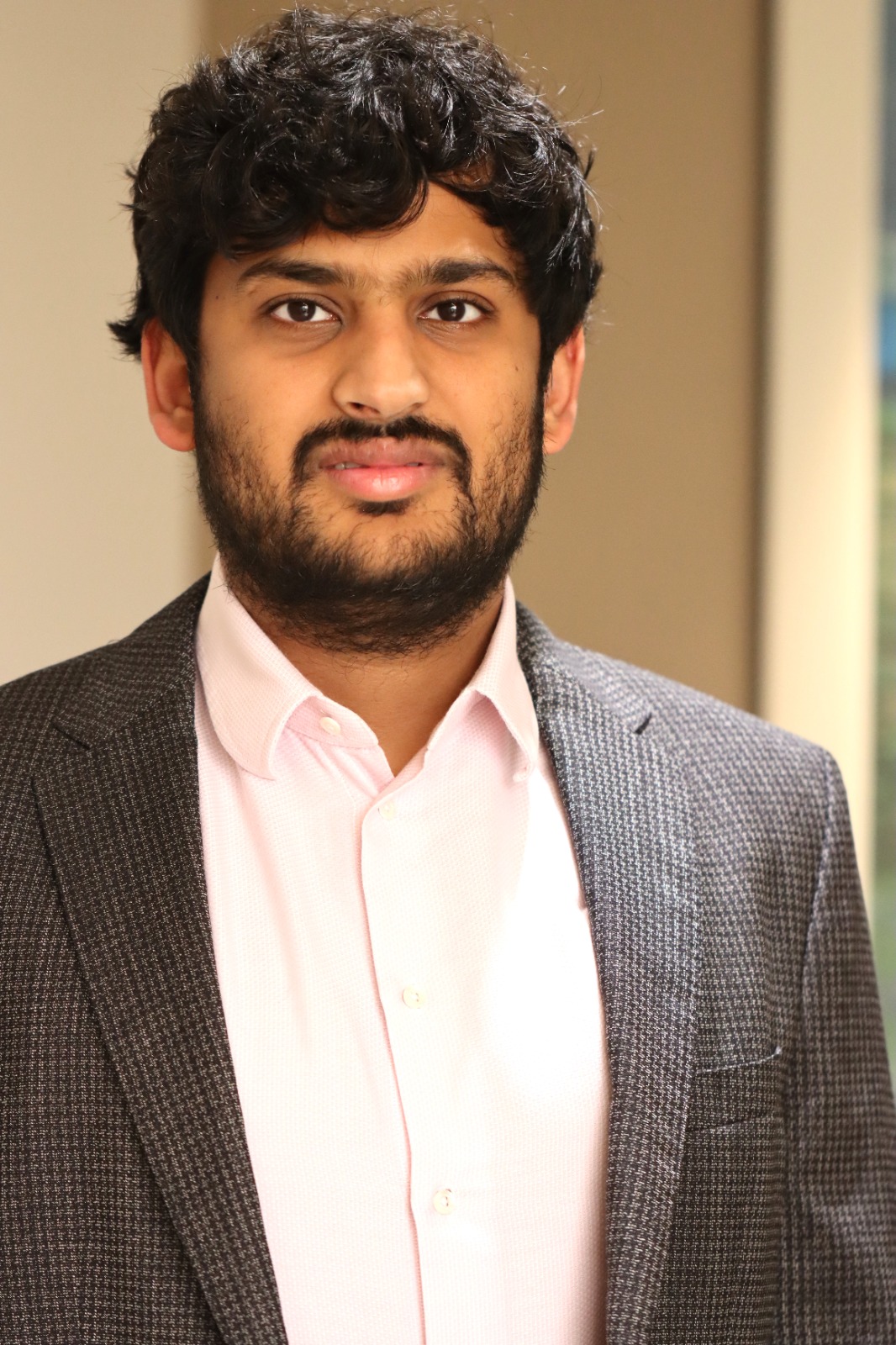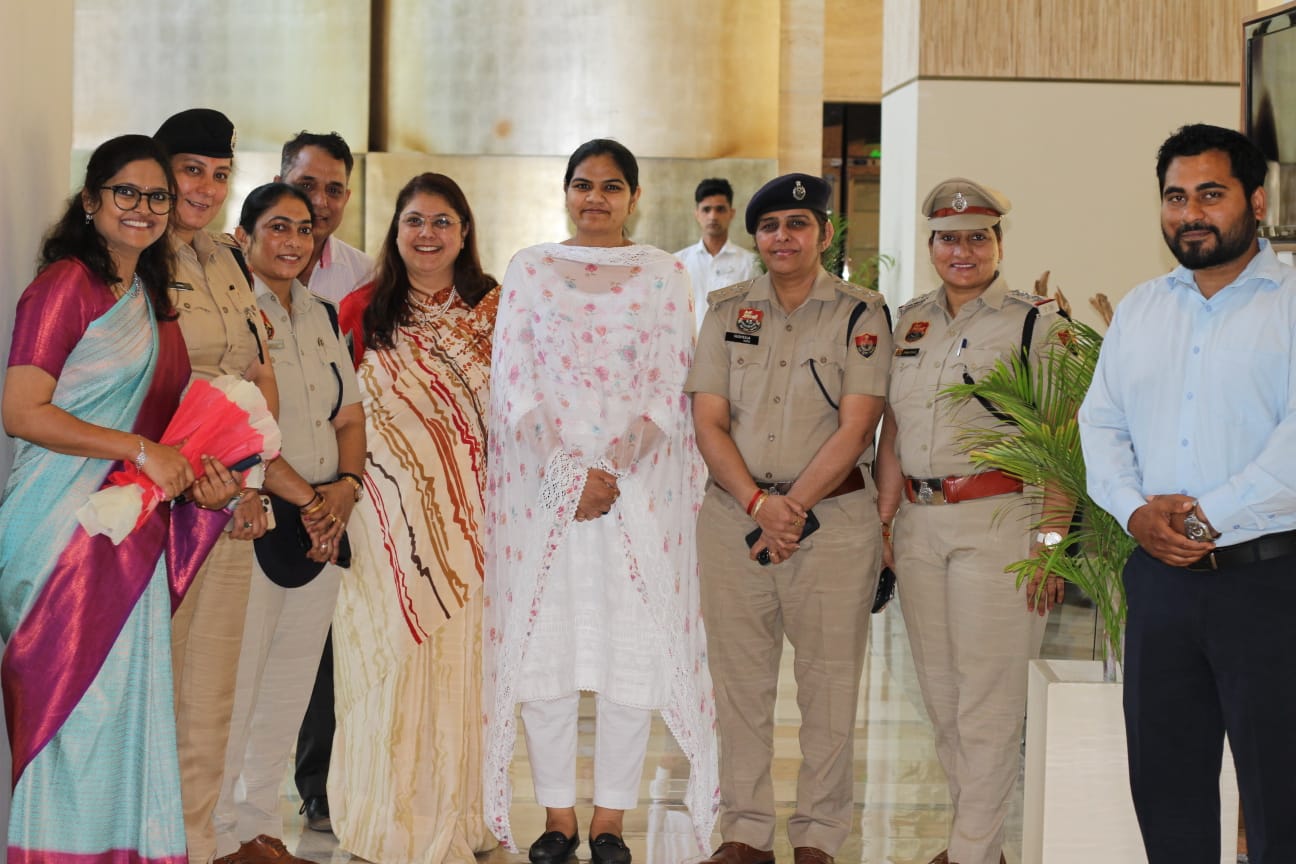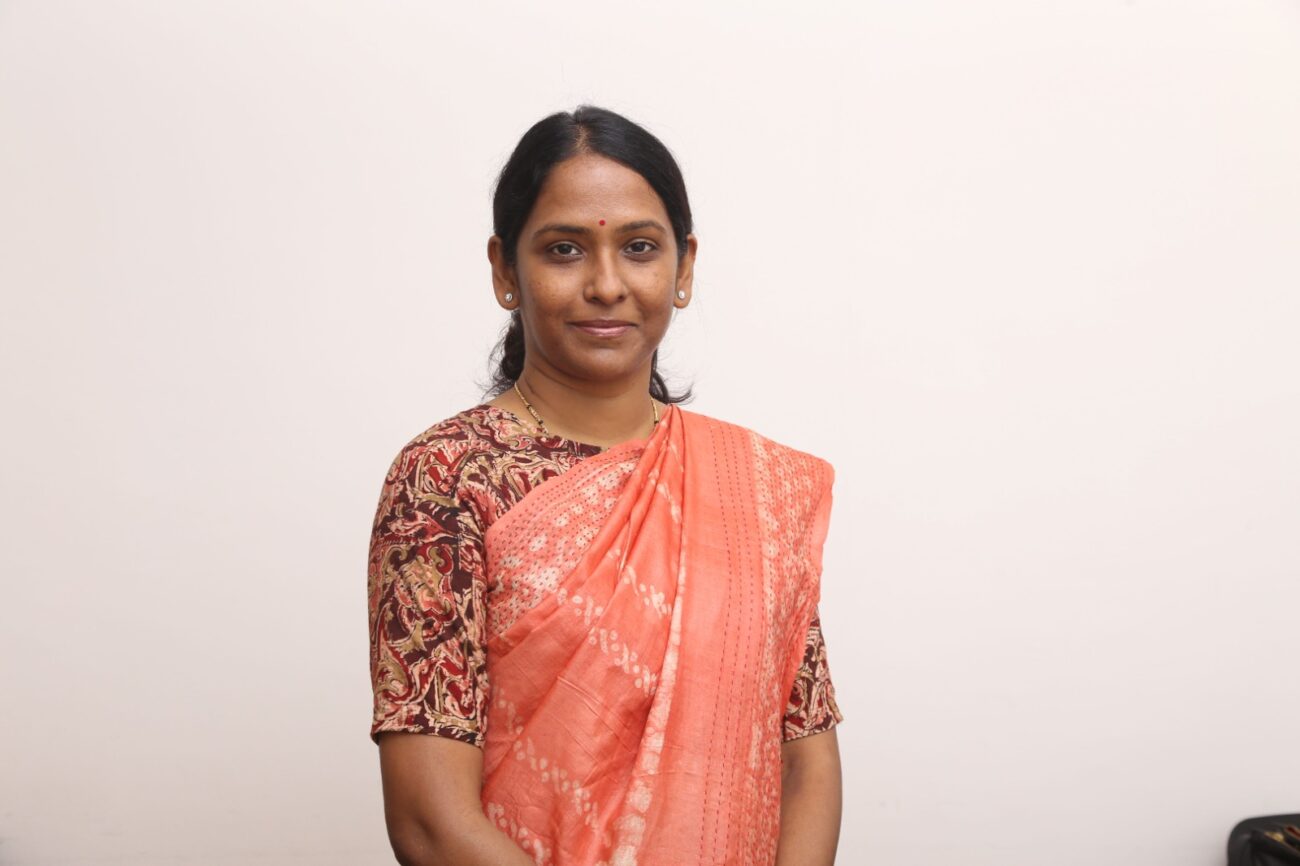WHO, others must find ways to ensure affordable access to key drugs in critical times: Vardhan
Union Health Minister Harsh Vardhan, whose tenure as the WHO Executive Board chairperson ended on Wednesday, called for ensuring affordable access to key drugs during crises like the coronavirus pandemic and advocated a shared and
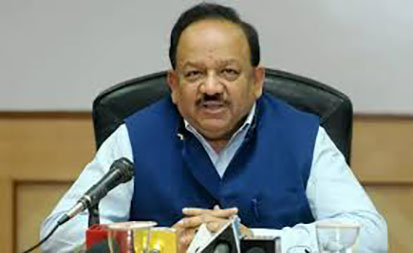
Union Health Minister Harsh Vardhan, whose tenure as the WHO Executive Board chairperson ended on Wednesday, called for ensuring affordable access to key drugs during crises like the coronavirus pandemic and advocated a shared and collaborative response to conquer future health challenges.
Vardhan addressed the 149th Session of the WHO Executive Board on the last day of his tenure through video conference, and reminded the members of the sacrifices of “brave, distinguished and honourable” Covid warriors across the world so that humanity may survive.
“These are moments of mixed emotions for me. On the one hand, I feel happy and privileged to have served this prestigious organisation. On the other hand, my heart feels heavy as I exit amidst a lot of work that remains to be done and as the planet continues to reel under the pandemic crisis and economic turbulence,” he said.
Vardhan assumed the responsibility at the World Health Organization (WHO) in May 2020.
“I commend the World Health Organization for its steadfast support to all Member States throughout the pandemic, fully committed to the value of equity and the simple truth that no one is safe until all are safe,” the minister said, according to a Health Ministry statement.
The access to COVID-19 tools accelerator is the fastest, most coordinated, and successful global collaboration in history to accelerate the development, production, and equitable access to COVID-19 tests, treatments, and vaccines.
The COVAX facility has provided a much-needed mechanism to secure equitable access to COVID-19 vaccines—a true embodiment of our principle to not leave anyone behind, Vardhan said.
He said the World Health Assembly vigorously supported equitable global access to COVID-19 medicines and vaccines. Global solidarity and cooperation are fundamental to all areas of the pandemic response and must continue to be strengthened, he underlined.
“The time to act is now. This is a time when we all understand that there are going to be many urgent health challenges in the next two decades. All these challenges demand a shared response, because these are shared threats requiring shared responsibility to act.
“And, of course, this is also the core philosophy of WHO. I have been saying this time and again that the biggest need of the hour is a greater degree of shared idealism of nations,” he said.
In such a dire global crisis, both risk management and mitigation require further strengthening of global partnerships to rekindle interest and investment in global public health.
One most important task is to drive higher commitments in respect of diseases that have plagued humankind for centuries.
“We need to conquer the adversaries with collaborations and by supplementing each other by pooling our resources…. We have to be more aggressive in engaging in partnerships where joint action is needed, shaping the research agenda and stimulating the dissemination of valuable knowledge,” he said.
At a critical time like the present pandemic, there is no scope for industry to stick to intellectual property rights, Vardhan highlighted.
“Sometimes, we find that there is little willingness for collaborative research. Affordability too is a key driving factor to achieve our aim of Health for All. WHO, along with others such as the World Trade Organization, must find ways to ensure affordable access to such key drugs in critical times,” he said.
“For us, vaccines for health must go to the affluent as well those without wealth…. This has also been the Year of Science. This year holds great importance for grounding decisions that took place in the fields of science, evidence and data,” he said.
“Healthcare workers across the world are working long hours in hospitals, sleeping in their basements or hotels so they do not infect family members. Scientists are working overtime to develop new vaccines and treatments; you are all countering the endless false narratives circulating across media channels and doctors are reopening medical practice so we can meet the postponed health needs of our patients. In the middle of all this, lakhs of healthcare and frontline workers have been lost forever,” he said.



